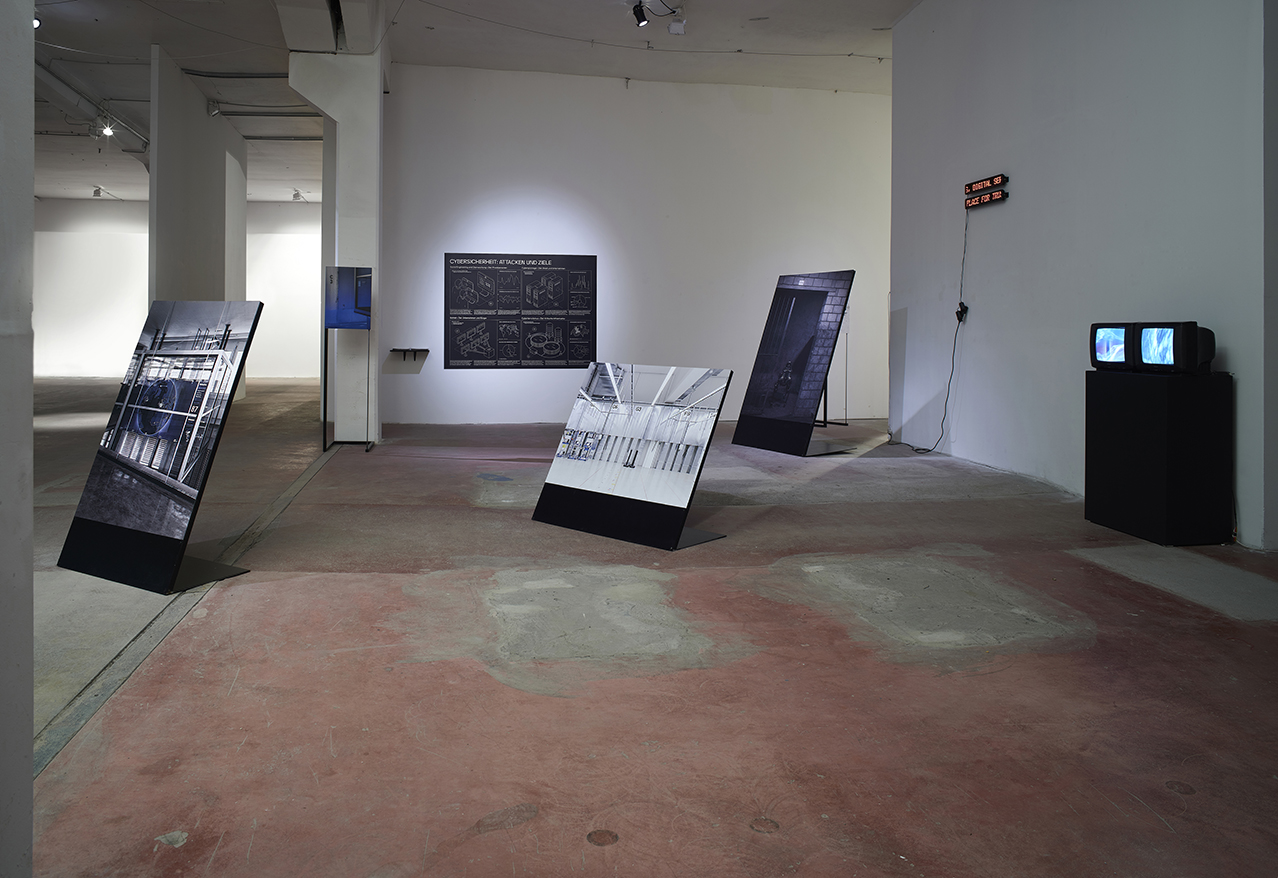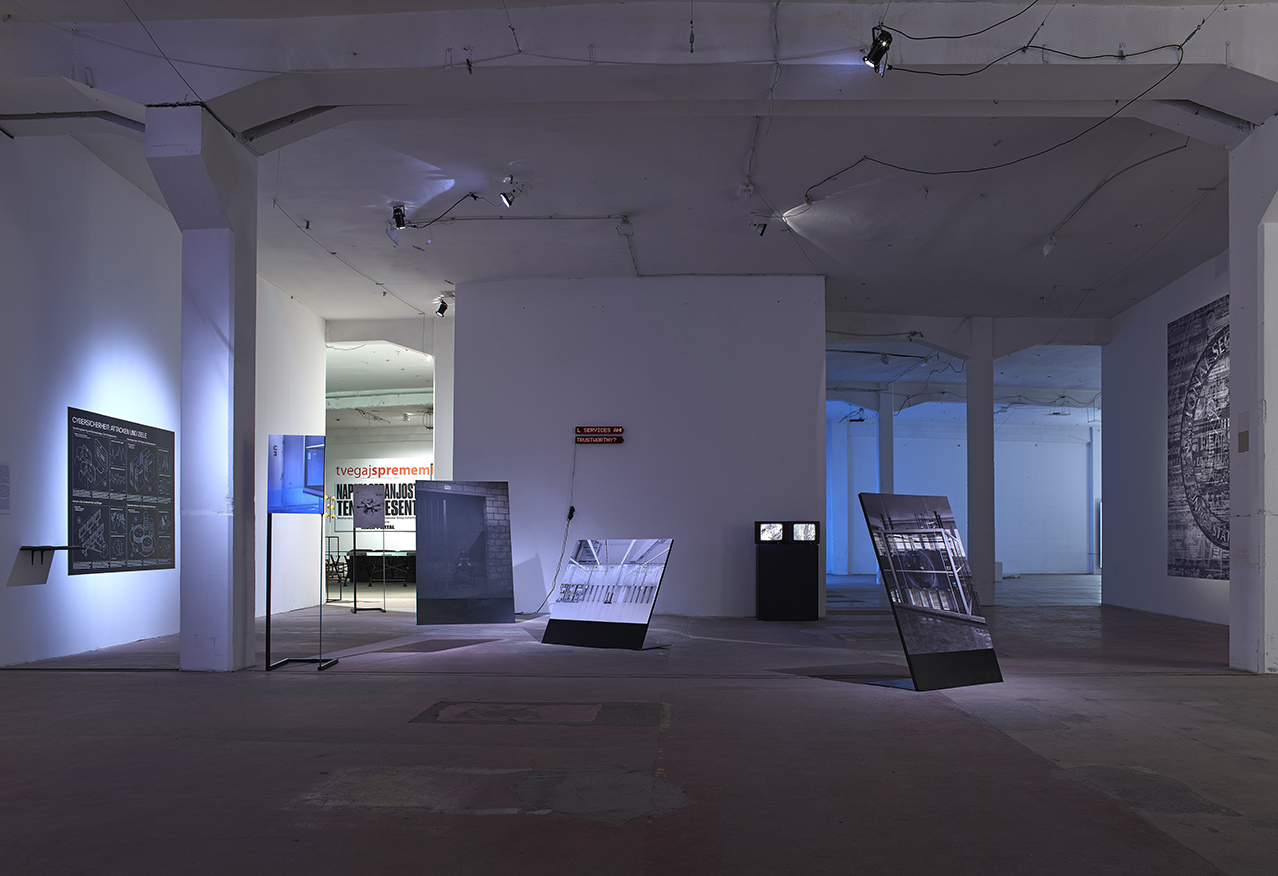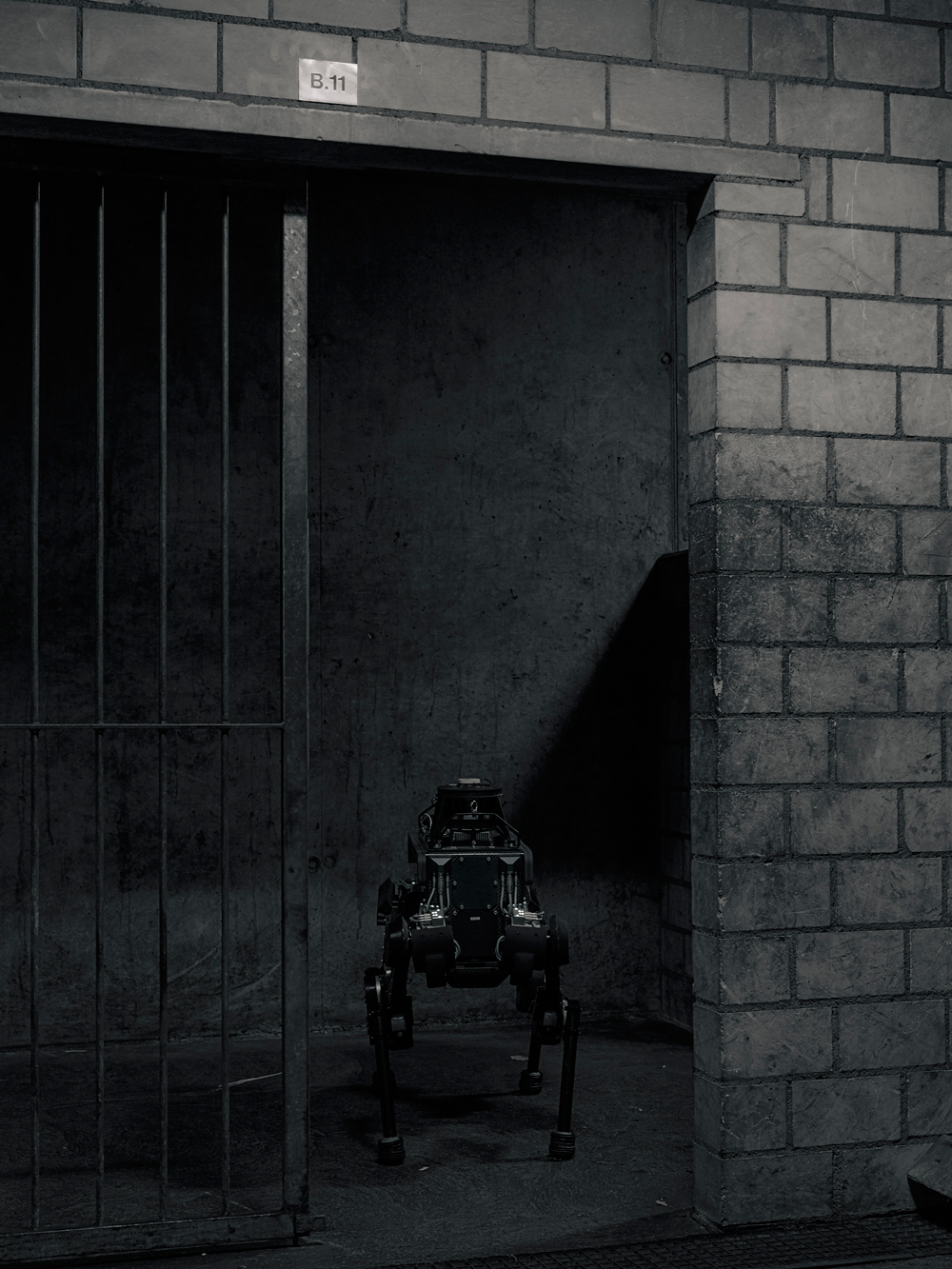Salvatore Vitale (IT/CH)
How To Secure a Country, 2019
Switzerland is considered one of the safest countries in the world and a prime example of efficiency. The question of how it tries to protect itself against all kinds of risks, dangers and threats prompted Salvatore Vitale to launch a visual research project. Between 2014 and 2018, he investigated how protection and prevention systems permeate our everyday lives, our behaviour and our thinking.
The project reflects and explores the creation of security through photos, texts and data visualizations. The primary focus is not on an investigative or activist approach with the aim of exposing, but rather on the effort to make tangible social sensitivities that are difficult to grasp as well as the structural violence of the system. Some key questions were: How are individuals captured by state and private actors within the security complex? What values and roles are assigned and how are we addressed as citizens? What are the incalculable consequences for us of the overall picture of our data traces?
Risks and threats seem omnipresent today, and there is no alternative to combating them through security technologies and prevention strategies. While earlier threat scenarios were defined primarily militarily, the inherent logic in debates and processes of securitization has also led to excesses through interest-driven instrumentalizations. Concepts of security and insecurity are thus increasingly being extended to all areas of life and experience.
A culture of prevention and security
Who has the power to define good and bad risks and who profits from it? How do state and private actors react? And how much freedom are we as citizens prepared to give up for our protection? When Salvatore Vitale moved to Switzerland in 2005, he was surprised at how security issues are negotiated and handled in Switzerland. He felt the need to explore the discursive and institutional framework.
His long-term project attempts to make visible the seemingly obsessive preoccupation with security: the precautions, attitudes, infrastructures, codes and protocols that can be observed both in individual behaviour and in political discussion, for example on issues such as migration. These are often standardized processes that are abstract, sober and faceless. Nevertheless – as the photographic work suggests – the essence of this security apparatus manifests itself as an aesthetically perceptible disposition that can also be explored and communicated by means of photography.
The investigation is based on the institutional network – police, military, customs and migration authorities, weather services, IT companies as well as research centers for robotics and artificial intelligence. Thanks to active collaboration with various specialists and researchers, Vitale has succeeded in creating a kind of mapping of atmospheres from the interior of Switzerland's public-private security complex. His project positions itself as a contemporary artistic contribution to a debate in a society confronted with growing threats – whether real or perceived.
The project is conceived as a multi-perspective space for thought and aggregator and appears as a forest of signs, an urban landscape of photographic images – a selective "Grand Tour" of the Swiss security system. It thus explores some of the most relevant socio-political and technological issues of our time.
Credits:
Exhibition design: Salvatore Vitale, Lars Willumeit
Structures design: Federico Rella
Data Visualizations: Offshore Studio
Salvatore Vitale (b. 1986, Palermo, Italy) is a Swiss-based visual artist and editor and Master of Fine Arts at the Zürich University of Arts (ZHdK). He was a recipient of the Swiss Arts Council Grant in 2015–2016, the PHmuseum Award Grant in 2017, the Swiss Design Awards, FOAM Talent and Punctum Award in 2018. His work has been shown in museums and at photo festivals including the Photoforum Pasquart Biel/Bienne, OCAT Shanghai and Shenzhen, MOCAK – Museum of Contemporary Art Krakow, Hamburg Triennale of Photography, T3 Photo Festival Tokyo, and Jaipur International Photography Festival. He teaches at the Lucerne University of Applied Sciences and Arts (HSLU) and has led workshops worldwide. Vitale is also the cofounder and editor-in-chief of YET magazine, a Swiss-based international photography magazine that focuses on the evolution of photography practice within the contemporary art field.
https://salvatore-vitale.com/#/how-to-secure-a-country
 Photo: Damjan Švarc
Photo: Damjan Švarc Photo: Damjan Švarc
Photo: Damjan Švarc
